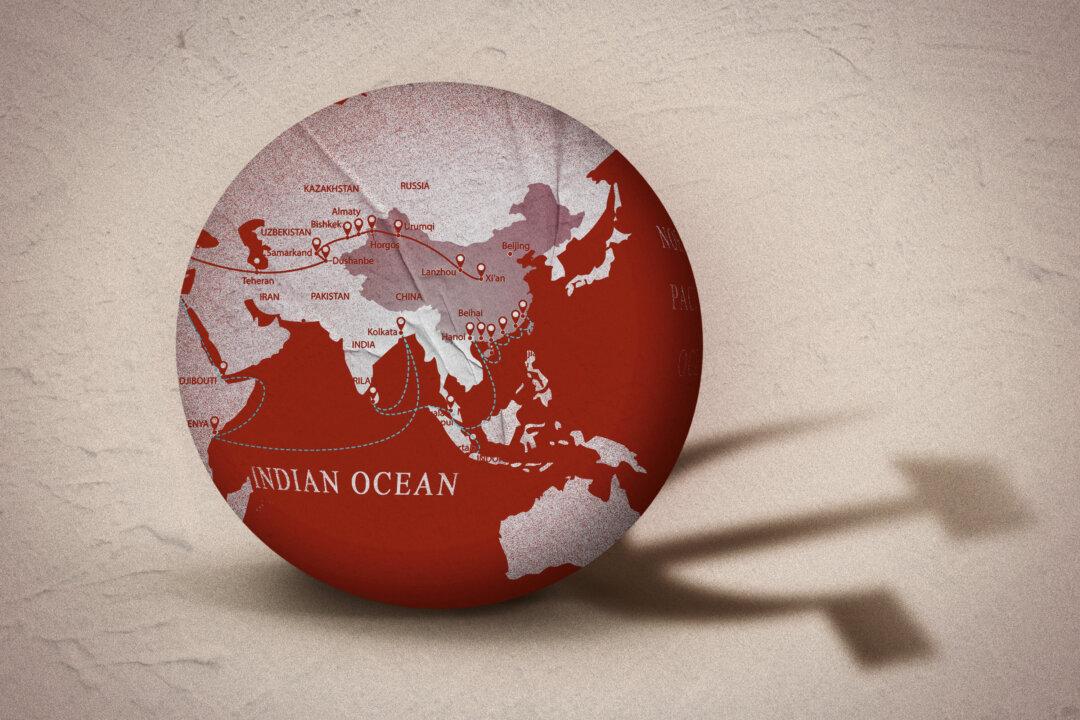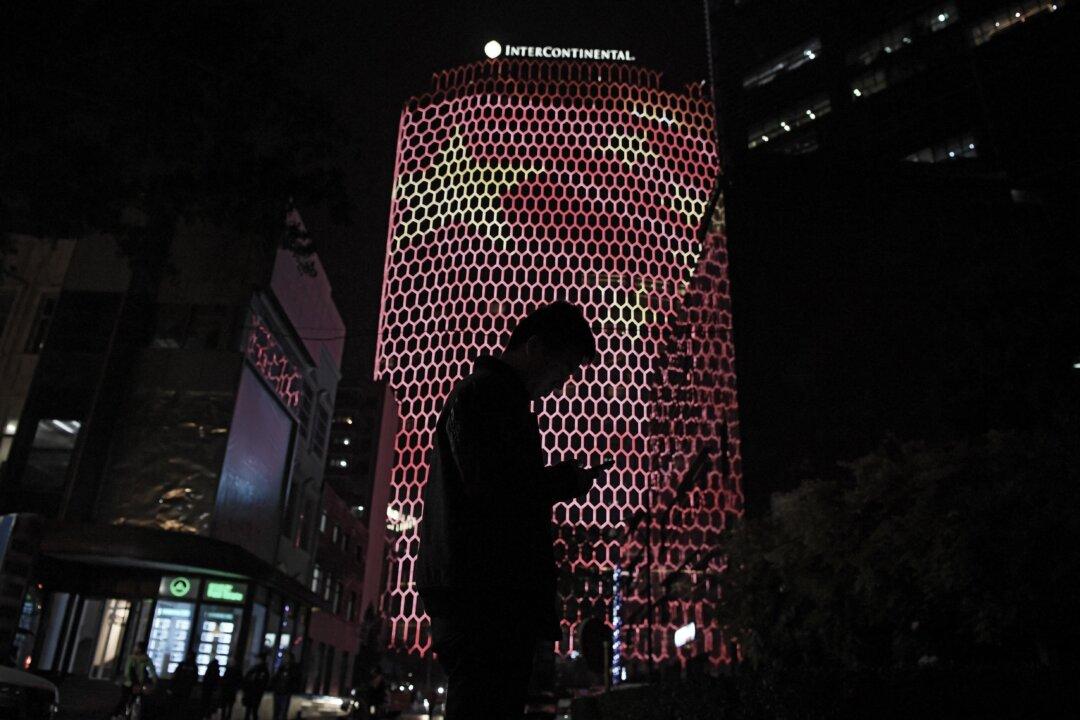American scholars would usually use “great power” to denote China and Russia, those countries that rank as second tier in the rank of all nations. Of course, the U.S. is the “super power”. The USSR was once considered a super power, but that’s not the case anymore, the Russian bear was downgraded from super power to great power.
In the final 60 days or so of U.S. presidential campaign, both GOP and Democrat candidates are working hard to promote themselves. While their opinions are in sharp contrast to each other, surprisingly or not so surprisingly, their overall campaign slogans bear resemblance: it is “Make America Great Again” for Trump and “Stronger Together” for Clinton.
Interestingly, while American government and American people usually hope to see their country “great”, the Chinese government and some Chinese people, on the other hand, rather see that their nation “powerful”. In Chinese language, being great and being powerful differ in only one character, but the realms the two words represent are simply too far apart. While there is no much misunderstanding for the meaning of greatness, the word power could mean many things, from strong to forceful, to even formidable. The latter is, it seems, exactly what the Chinese Communist regime is looking after.
Greatness signifies a situation, an ability, a quality or quantity, or excellence above and beyond the average and the usual. It could also imply grandeur, magnificent, sanctified, impressive, and exhilarating. Having or being a power is forceful and strong, but it could also imply intimidation and fear onto others around it. Greatness entails power, but goes beyond power, and is a force that is righteous and benevolent, and it is an accumulation and enrichment of positive energy. Having power could be the prerequisite of greatness and serve as the foundation of greatness, but it is not necessarily a part of greatness, as being powerful could also mean an accumulation and buildup of negative energy and forces.
Being powerful does not guarantee that you will not be defeated, as simply being stronger, having more muscle or larger fist does not give you a vantage point on morality and justice, just as a macho and masculine man in any society is not always the invincible one, as moral and spiritual factors also play a role in defeating your enemy, or defeating your enemy without a fight.
When Singaporean Prime Minister Lee Hsien Loong visited the United States upon the 50th anniversary of the diplomatic ties between the two nations, he said that “America is a great nation, not just because of your power and your wealth, but because of your high ideals, openness, and generosity of spirit. You seek to build a world where countries can prosper together.” What Lee said reflects the views of many in Asia.
When Americans say they want to build a “great” country, a powerful and strong country is embedded in, but also included in the concept are spiritual, moral, and social strengths of the society. When Chinese say they want to build a “strong” country, what they had in mind was military power, as the Chinese leadership has long talked about a strong navy, strong army, and strong air force for the PLA. The CCP has also indoctrinated the people that the Chinese nation has to be “strong”, so as not to be bullied by other powers. Because of the urge to be “strong”, China wants its best in developing military hardware, and whenever something new from American arsenal came into being, be it stealth fighter, drones, space launched weapons, or stealth warships, the whole world knows that the Chinese copycats are soon to follow.
In order to pursue “strong”, a country in that mode would always try to brag, boast, and blow their own horns without feeling any shame or indignity. Countries that pursue “greatness” would not boast, as boasting is in itself against the very idea of being great.
An overseas media in favor of CCP published an article entitled “30 billion Yuan of order, China is to surpass America!” It is said in the article that a company in Shen Zhen signed a contract with the Energy Department of Russia in a “strategic cooperation framework agreement”, on importing 30 billion Yuan worth of oil to China. 30 billion Yuan is about US$5 billion. Is an import of US$5 billion worth of petroleum enough to let China surpass the U.S.? Come on, the U.S. imports about 3 billion barrels of oil every year, costing about US$330 billion!
In 2005, the U.S. Navy hauled the decommissioned USS America (CV-66) to the sea to serve as a target to test the durability and toughness of aircraft carriers. After a month of bombardment by missiles, bombs, and torpedoes, the Americans sank the ship America to the sea bottom. When the ship went down, US sailors stood in line to salute the sacrifice of the ship for their country.
This incidence is simply unthinkable and inconceivable to the Chinese. People in China would view the sinking of a ship with the name of their own country unlucky and inauspicious, and something completely unimaginable. A country with power but not greatness would not have that kind of confidence and self-assurance, and a country with both power and greatness would have that kind of certitude and courage…
When the Chinese Communist Party describes itself, they are never stingy in using the word “great”, such as in the infamous saying that the party is “Great, Glorious, and Righteous”. Nowadays in China, that term has become a lamentable phrase used by the masses to laugh at the party. When China buys modern machinery and equipment from the West, they never used the word “purchase” or “procurement”, but always the term “introduce” in Chinese, meaning they were gracious in allowing and introducing others to enter the Chinese market. When Chinese copycat is produced, they would then boast again, saying that they have developed by themselves something at a level that parallels the most advanced in the world!






